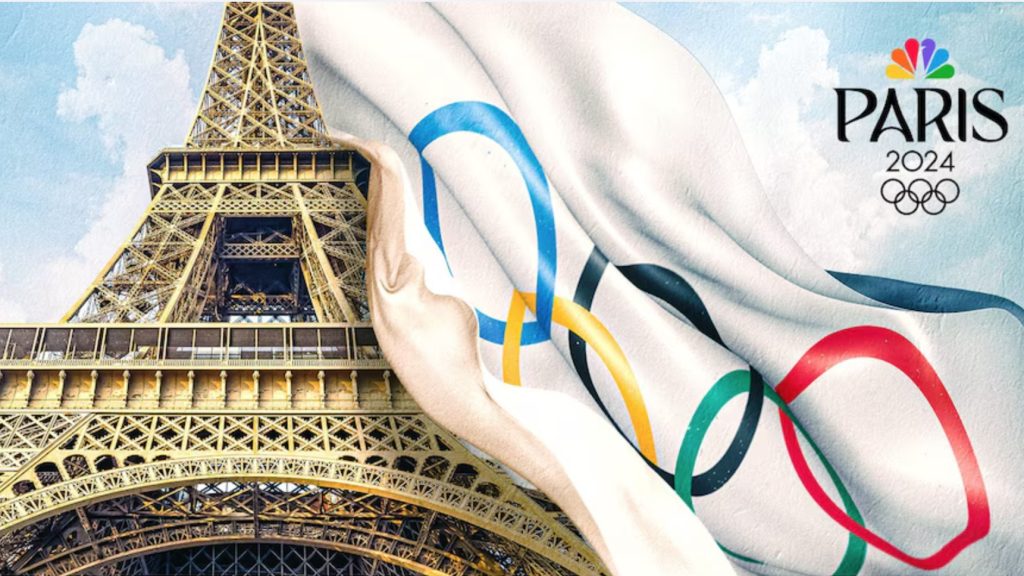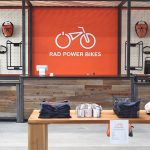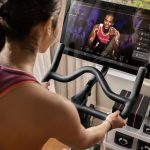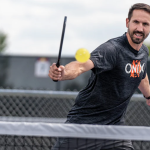A new report from market research firm Numerator, based on a July 2024 survey, indicates that over half (57 percent) of U.S. consumers are interested in the 2024 Summer Olympics, with 55 percent planning to watch the Games.
The report also suggests that consumers plan to stream the Olympic events online or watch via cable/satellite, focusing on gymnastics, swimming, track & field, diving, and volleyball.
Interest in the Olympics peaked for Boomers+ (61 percent) and Gen X (59 percent). Millennials (53 percent) and Gen Z (52 percent) reported a lower interest in the games.
Numerator said that consumers across all measured age groups agree on the top sports to watch, including gymnastics (75 percent), swimming (60 percent), track & field (39 percent), diving (37 percent), volleyball (25 percent), basketball (22 percent), soccer/football (18 percent), tennis (13 percent), and extreme sports, including breaking, skateboarding, climbing, (12 percent), and combat sports, boxing, fencing, wrestling (10 percent).
The survey revealed that nearly nine in 10 U.S. consumers would cheer for the United States during the Games, with 88 percent of respondents saying they would root for the U.S. Olympic team, followed by bordering countries Canada (7 percent) and Mexico (5 percent). Based on the survey, the Top 10 countries of interest for U.S. consumers are Brazil (5 percent), Germany, Italy, Great Britain, Argentina, France, and Australia (all 4 percent).
- The majority of U.S. consumers plan to watch the 2024 Olympics. Of those, 66 percent of respondents said they were not interested, while 22 percent said they did not have the time, and 13 percent did not have cable or streaming access.
According to the numerator analysis, Gen Z is reportedly the most likely generation to root for teams outside the U.S., reflecting its diversity.
- Streaming online is the top choice for viewing events (60 percent), followed by cable/satellite (47 percent) and social media (21 percent).
- Cord-cutting is more evident among younger generations. Boomers+ are the most likely to say they will watch via cable/satellite (62 percent), while Gen Z consumers are twice as likely to watch via social media (45 percent vs. 21 percent for all consumers).
Not all brands that consumers associate with the Olympics are official sponsors. When asked which brands or companies they associate with the Olympics, consumers named Coca-Cola (49 percent, official sponsor), Visa (26 percent, official sponsor), Mastercard (22 percent), Pepsi (20 percent), Apple (17 percent), Toyota (14 percent, official sponsor), Ford (11 percent), Samsung (10 percent, official sponsor), P&G (9 percent, official sponsor), and Airbnb (8 percent, official sponsor).
- Fewer than one-fifth of consumers recall past Olympic Games commercials, with 14 percent distinctly recalling a specific commercial. Respondents commonly cited Coca-Cola and Wheaties commercials and commercials featuring Michael Phelps and/or Simone Biles.
- Nike is the brand most associated with Team USA, with 64 percent of consumers associating Nike (an official outfitter of Team USA) with the Olympics followed by Adidas (39 percent), Under Armour (26 percent), Ralph Lauren (18 percent), also an official outfitter of Team USA, Puma (15 percent), The North Face (10 percent), Tommy Hilfiger (10 percent), Calvin Klein (7 percent), and Skims (3 percent).
Product endorsements from Olympians have more of an impact on Gen Z than other generations. About half of consumers (49 percent) said an endorsement by an Olympic athlete could impact their purchasing decision, with 13 percent responding that they are much more likely to buy an endorsed product and 36 percent somewhat more likely. This is higher among Gen Z consumers, with 20 percent responding that they are much more likely and 46 percent somewhat more likely.
- Sports- and health-related products are most likely to benefit from Olympian endorsements. The types of products that consumers are more likely to purchase if an Olympian endorses it include athletic apparel (34 percent), grocery items (21 percent), non-apparel workout gear (19 percent), and nutrition supplements (18 percent).
Numerator’s 2024 Summer Olympics survey was fielded from July 9, 2024 to July 13, 2024, with 10,031 consumers.
Image courtesy Olympic Committee/NBC















